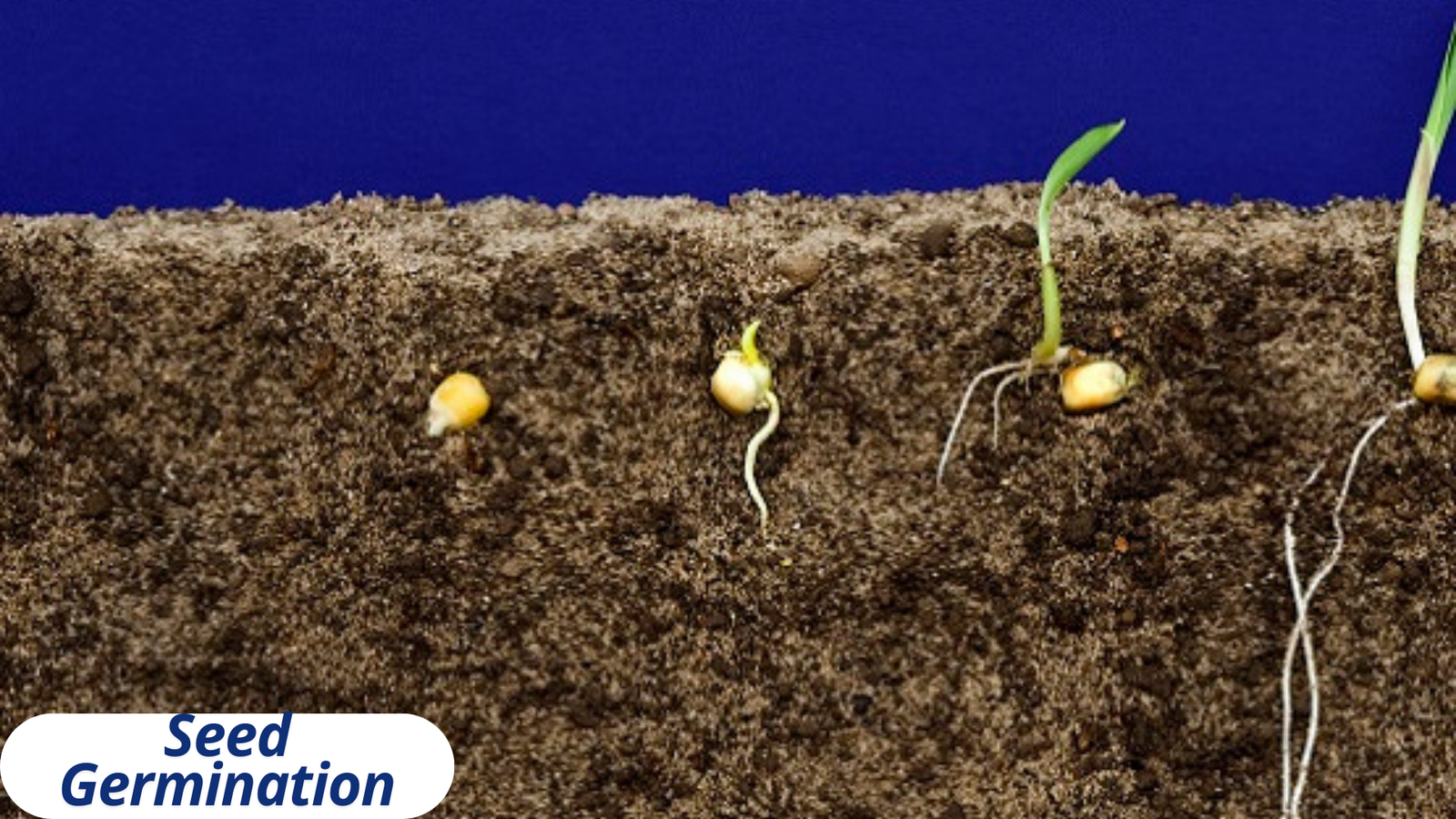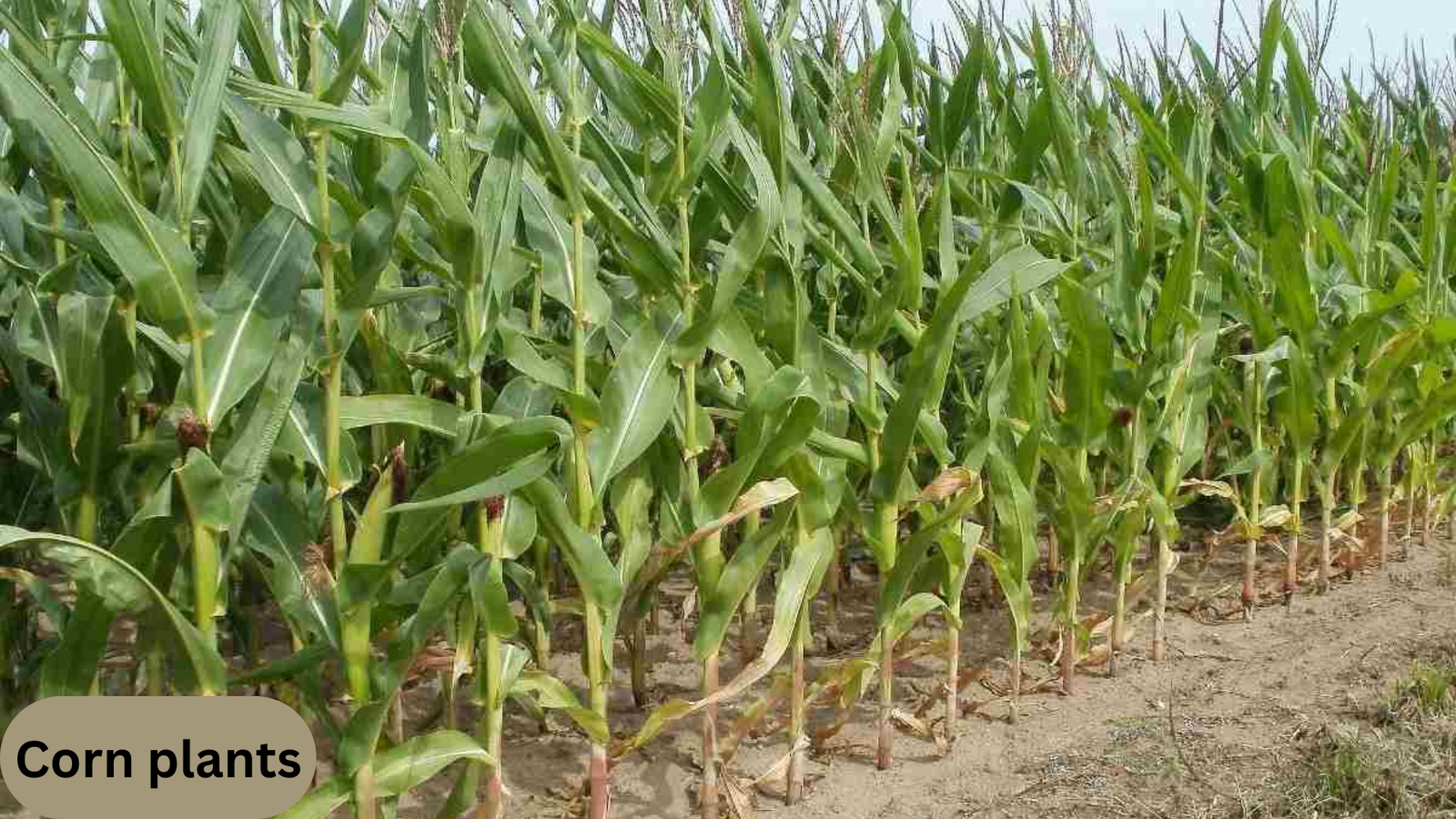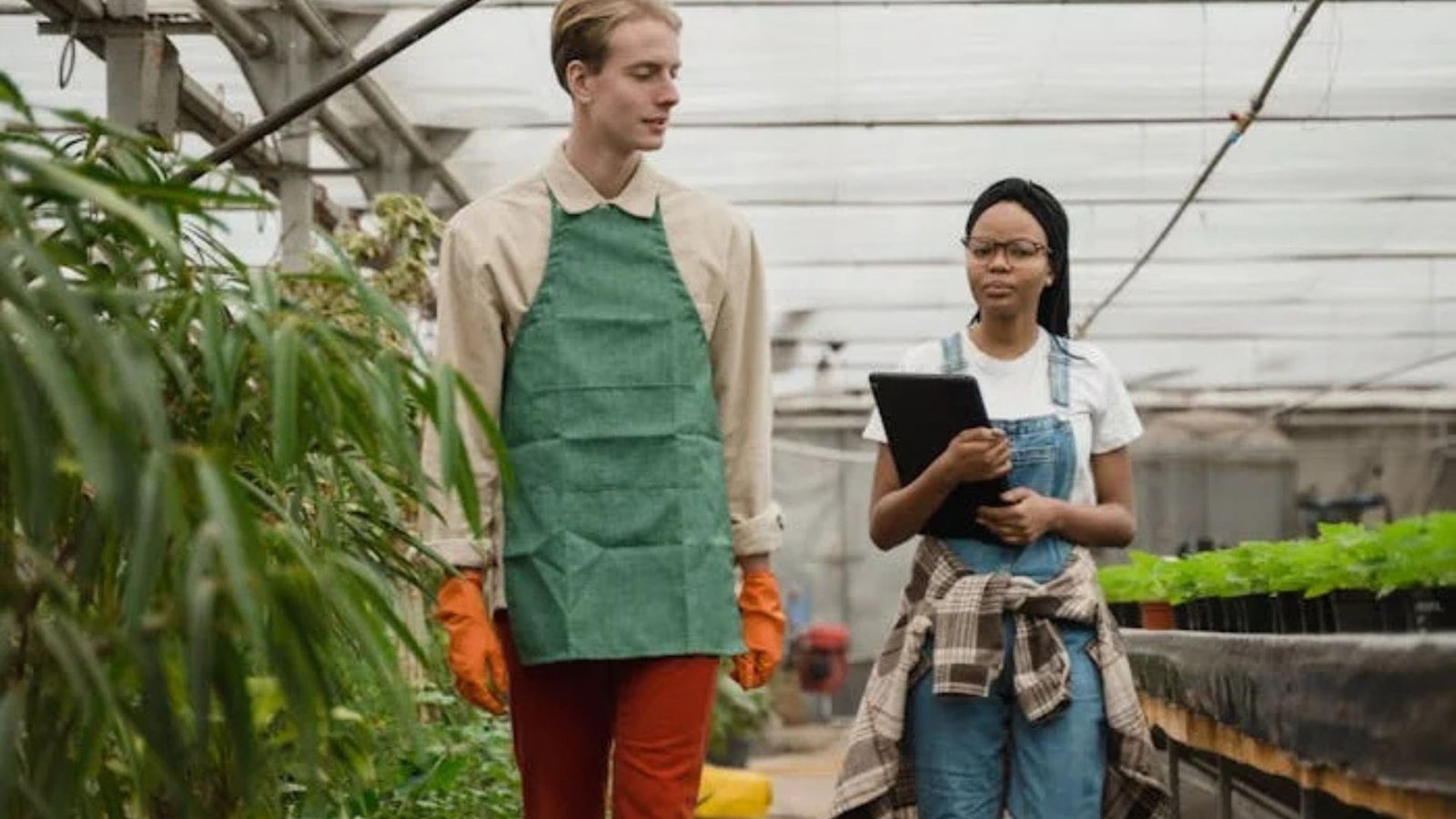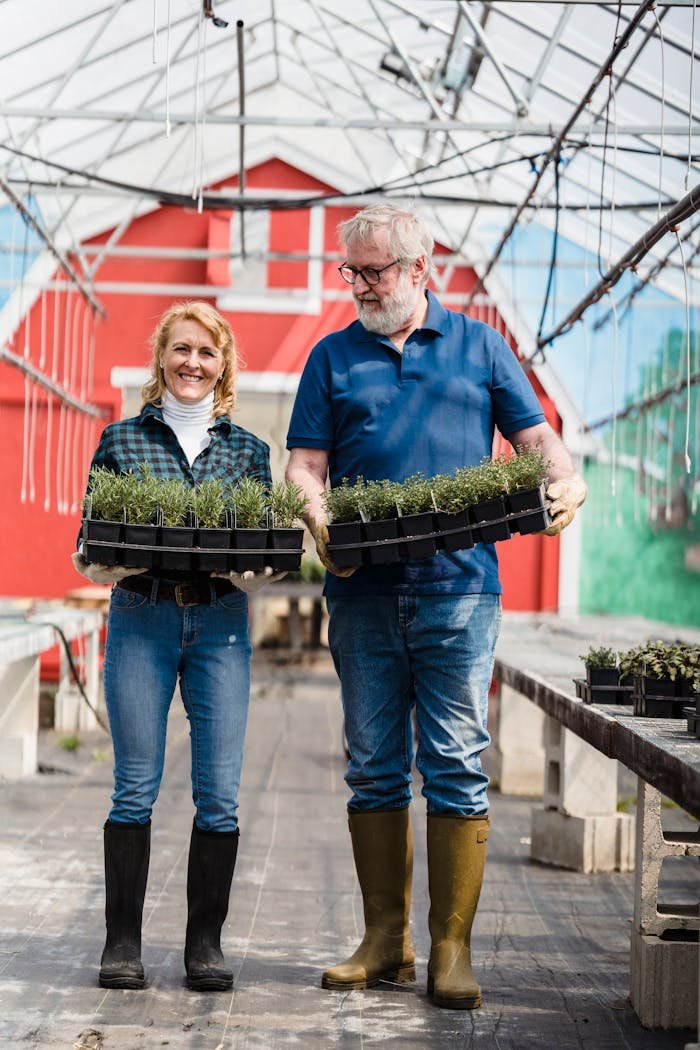Corn, one of the most famous plants globally, performs an essential function in agriculture and the meals industry. Whether you are a farmer or a domestic gardener, know-how how lengthy it takes for corn to germinate is vital for a hit crop. However, corn germination time does not last forever. The complete process depends on numerous factors. In this text, we will look at the overall time for corn germination and the elements that have an effect on it. Here’s a way to ensure you get the maximum out of a wholesome and thriving corn crop. How long does it take corn to germinate ? Read this article.
Understanding Corn Germination: The Basics
The germination system of corn starts off evolved due to the fact the seed develops properly into a small plant. Germination happens because the plant emerges from the soil, referred to as germination. Under proper situations, corn seeds typically germinate internal five to five days of planting. Germination starts off and evolves inside 10 days. Thus, the best time depends on various factors, which include the soil temperature, the seeds have to be good and the environmental situations to grow corn vegetation.
Factors That Influence Corn Germination Time
1. Soil Temperature
One of the most crucial factors affecting corn germination is soil temperature. Corn is a heat-season crop, and it calls for soil temperatures between 60°F to ninety five° F (15°C to 35°C) for optimum germination. If the soil temperature is simply too low, the germination method may be delayed, while excessively high temperatures can inhibit seedling growth.
Optimal Temperature: Around 70°F to 85°F (21°C to 29°C) is taken into consideration the appropriate variety for corn germination.
Low Temperature: Below 50°F (10°C), corn seeds may not germinate at all, or the method might be significantly not on time.
1. High temperature
Temperatures above 905°F (35°C) are not appropriate for seed germination and plant increase is stunted. Only you will be capable of growing the corn plant properly.
2.Humidity stage
Maize seeds require sufficient moisture for germination. If the soil is wet, the seed will quickly swell because of moisture . becomes stronger, thus early growth starts and the plant gets early germination in moisture.
Too dry: Due to lack of moisture in the soil, corn plants do not grow quickly because these plants do not have the capacity to absorb water for germination.
Too moist: On the contrary, if the soil is too moist, it also causes a lot of harm to the roots of the vegetation due to the fact it may cause rotting of the roots of the plant and plenty of illnesses and therefore the maize. Germination of the plants stops and they do not grow quickly. The right environment for the germination of maize plants should be promoted. The soil should not be too wet or too waterlogged.
Soil Type and Texture
It is very important to know the type and composition of the soil, because if the soil is good, then the corn plants will grow quickly. Corn seeds grow very quickly in sandy silt soil. It should be very soft and moist.
Heavy clay soil: Soil that is too heavy and contains too much moisture makes it difficult for seeds to germinate because there is little air available to the seeds.
3.Planting Depth
Corn seeds should be planted at a suitable depth. If corn seeds are planted deep, germination is very fast. When planting corn seeds in the soil, the depth should be about 1.5 to two inches.
Sandy Soil: While sandy soils drain quickly, they will not retain moisture nicely enough, probably leading to dehydration of the seed. To ensure successful germination, it’s endorsed to amend the soil with organic count number to enhance texture and moisture retention, mainly if your soil is heavy or sandy.
4. Seed Quality
The first-class of the seed itself performs a crucial position in how quickly corn will germinate. High-high-quality, clean corn seeds will germinate extra reliably and at a faster rate than old or damaged seeds.

Old Seeds: Seeds that are too antique may additionally have decreased viability, which means fewer will germinate.
Storage Conditions: Poorly saved seeds exposed to high humidity or severe temperatures may also lose their potential to germinate successfully.
Using clean, tremendous seeds and storing them nicely till planting time will enhance your germination fees and make sure the manner moves fast.
5. Planting Depth
Planting corn seeds at the proper depth is every other aspect that can have an effect on germination time. Corn seeds must be planted approximately 1.Five to two inches (three.8 to five cm) deep within the soil. If planted too shallow, the seeds would possibly dry out or be washed away with the aid of rain. If planted too deep, it can take longer for the seed to attain the floor.
Shallow Planting: Seeds planted too near the ground may also moreover dry out or be more susceptible to chicken predation.
Planting depth: It becomes difficult to grow corn plants in too deep because if the plant is pushed into the soil too much, the germination of the plant is very difficult. Have soil in which air and sunlight can reach easily
6.Environmental Conditions
Other environmental elements, which includes climate conditions, daylight, and wind, also have an impact on how lengthy it takes for corn to germinate.
Consistent Warmth: Ideally, you need heat, sunny days to inspire a boom. Inconsistent or severe climate patterns, together with overdue frost or heavy rains, can interfere with the germination process.
Wind: Strong winds can dry out the soil fast, specifically in areas with low humidity, potentially affecting the moisture stage across the seed.
Monitoring the weather and making plans for your planting schedule round favorable situations is vital to optimizing germination times.
What to Expect During Corn Germination
After planting, it’s crucial to understand the degrees of corn germination:

Water Absorption: Once the seed is inside the soil, it absorbs moisture and swells.
Radicle Emergence: The first part of the seed to emerge is the radicle, to be able to become the foundation.
Shoot Emergence: The subsequent stage is the emergence of the shoot in an effort to become the stem and leaves.
Seedling Establishment: Once the seedling emerges, it begins to increase leaves and grow more potent. This entire method commonly takes between five to 10 days below most efficient conditions, however can stretch to 2 weeks or more if conditions are much less favorable.
Conclusion:
The bottom line is, follow the steps outlined in this article on How Long Can It Take to Germinate Corn to ensure that corn takes five to 10 days to germinate. There are many factors such as Improper soil temperature, poor seed quality and proper care will stop maize plant germination. By preserving the right situations—warm soil, good enough moisture, and proper planting intensity—you can maximize the possibilities of your corn seeds sprouting on time.
Moreover, being attentive to the soil’s texture, making sure to use splendid seeds, and monitoring climate conditions can help mitigate delays in germination. Finally, read the little bit of instruction given in this article and see how to grow corn. Remember, if you want a healthy, good corn crop, take good care of the plant and give it proper care. Read the factors carefully and then grow corn in this way. If you take care of the corn plant on time, it will grow quickly and you will be able to get a good yield of corn . Happy planting!
FAQs
1. How lengthy does it take for corn to germinate in perfect conditions?
Under ideal situations—warm soil (70°F to 85°F), ok moisture, and proper seed depth—corn commonly begins to germinate in approximately 5 to ten days. However, it may soak up to 2 weeks in less favorable situations.
2.Can corn germinate in cold soil?
Corn requires warm soil to germinate. Soil temperatures underneath 50°F (10°C) will gradual down or maybe prevent germination. It’s nice to wait till the soil reaches a minimum 60°F (15°C) to plant your corn for best results.
3.What is the pleasant depth to plant corn seeds?
Corn seeds have to be planted at an intensity of about 1.5 to two inches (3.8 to 5 cm). This guarantees that the seeds are deep enough to hold moisture, however no longer so deep that they have got problems rising from the soil.



